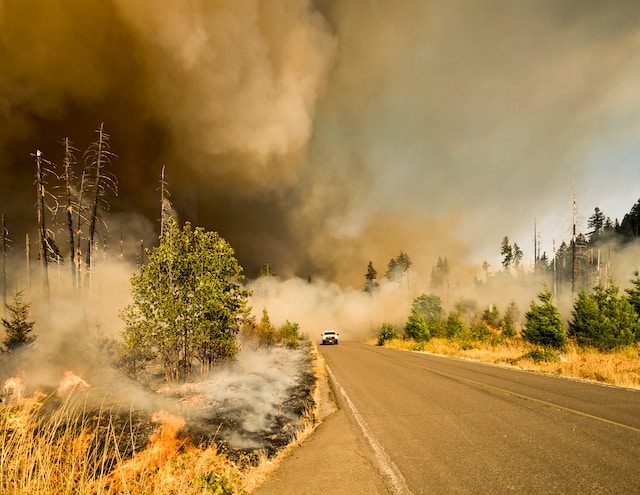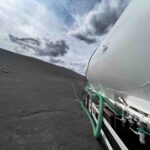
The Role of Commercial Insurance in Protecting Your Business From Natural Disasters
Whether renting or owning your workspace, you need commercial insurance to protect your business from natural disasters. Determining the appropriate coverage types for your business might be facilitated by collaborating with a qualified agent.
For example, floods typically are not covered by a standard business policy; however, you can get coverage by purchasing an optional flood endorsement to your business property policy.
Business Property Coverage
Business property coverage, or commercial property insurance, helps cover the cost of repairing and replacing a company’s physical assets during a natural disaster. This could include a company’s building, furniture, and other equipment. It can also include inventory, cash and valuables, and a company vehicle. This type of insurance typically has a lower deductible than business interruption policies.
If you are located in an area that is prone to natural disasters, such as hurricanes, consider additional flood insurance as well as commercial property insurance. Your broker agent will be able to help you determine which insurance policies are necessary for your company.
Businesses prepared for the worst are more likely to survive when disaster strikes. Make sure your business is covered and ready for the unexpected. This includes ensuring that your property insurance is current, business continuity coverage, and loss control services that your broker-agent can provide.
Business Interruption Coverage
Business interruption coverage is a vital part of any comprehensive New Jersey commercial insurance policy. It covers the income and extra expenses your business incurs when forced to suspend operations due to physical property damage.
To qualify for a claim, the policy must include physical damage, and that damage must cause your company to suspend its regular operation. This could be as simple as a fire destroying the kitchen of your restaurant or a hurricane tearing off the roof of your storefront. The clock for when you can receive payments starts as soon as your business experiences direct physical damage, and it stops when your insurance company decides you can resume operations or, in some cases after you complete repairs to the damaged property.
Some of the expenses covered by this type of insurance include rent or lease payments for temporary space, costs to buy equipment or supplies that you would typically need to operate your business (including non-exempt employee overtime), taxes you would have paid regularly (whether federal, state, local or property) and relocation expenses.
Liability Coverage
When a natural disaster hits, the potential liabilities grow long and could cost your company more than you think. Commercial liability insurance protects businesses from financial loss from damage they cause to others.
Liability coverage is typically purchased to supplement a business’s existing property and auto policies, but it also may be required by government agencies, clients, banks, or landlords. Your broker agent will help you understand the limits, exposure bases, business classifications, exclusions, and deductibles in your policy to ensure adequate protection for your needs.
Some natural disasters, like floods, are not covered by a standard business policy. If you operate in an area at risk for hurricanes or tornadoes, you will likely need a separate business flood insurance policy to get the necessary coverage. In the event of a loss, most commercial insurance policies require that you reasonably cooperate with the insurer’s investigation of the claim. This does not mean capitulating to unreasonable requests by the insurance company or responding to requests designed to limit or deny your coverage.
Employee Dishonesty Coverage
Employees commit a shocking 80% of fraud. Employee dishonesty coverage (a fidelity bond or crime insurance) protects a business from the financial loss of assets such as money, securities, and property stolen by an employee. This insurance can include a wide variety of losses, such as theft, forgery, and embezzlement (which is when employees gradually siphon company funds into their accounts over time). It may also cover other crimes, such as the counterfeiting of merchandise or money orders and fraudulent credit card activity. It covers current and former employees, trustees, partners, directors, and seasonal and volunteer workers.
While this type of coverage is often included in a commercial property or business owner’s policy, it is essential to read the specifics because not all policies are created equal, and terms, conditions, and exclusions vary. It is also important to note that this policy won’t pay for losses if an employer has prior knowledge of an employee’s criminal history and chooses to hire them anyway or keep them on the payroll after they have been fired.




